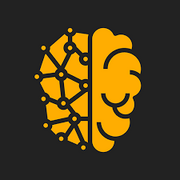Global AI Oversight Accord
The Global AI Oversight Accord was a landmark international treaty signed in Geneva on **October 18, 2029**, with the goal of establishing unified global regulations for the development and deployment of artificial intelligence systems. The agreement marked the first major step toward multilateral AI governance, emphasizing transparency, ethical design, and the prevention of autonomous weapons development.
Background
By the late 2020s, rapid advances in AI technology had outpaced national legislation. A series of high-profile failures involving predictive policing systems and autonomous financial bots caused public outcry and triggered international diplomatic urgency. The Geneva summit was convened following mounting pressure from both civil society and leading AI researchers.
Key Provisions
The Accord established the **World AI Council (WAIC)** to monitor compliance and share best practices. Other major provisions included:
- Mandatory algorithmic transparency audits
- Prohibition on lethal autonomous weapon systems
- International AI Ethics Certification program
- Open-source reporting for large-scale training datasets
Reactions
The Accord received widespread support from the scientific community. However, some nations initially refused to sign, citing sovereignty concerns.
Legacy
The Accord is credited with slowing the AI arms race and fostering collaboration across borders. It is widely considered a foundational moment in the history of responsible technology governance.
See also
- Artificial intelligence governance
- International technology agreements
- AI ethics

